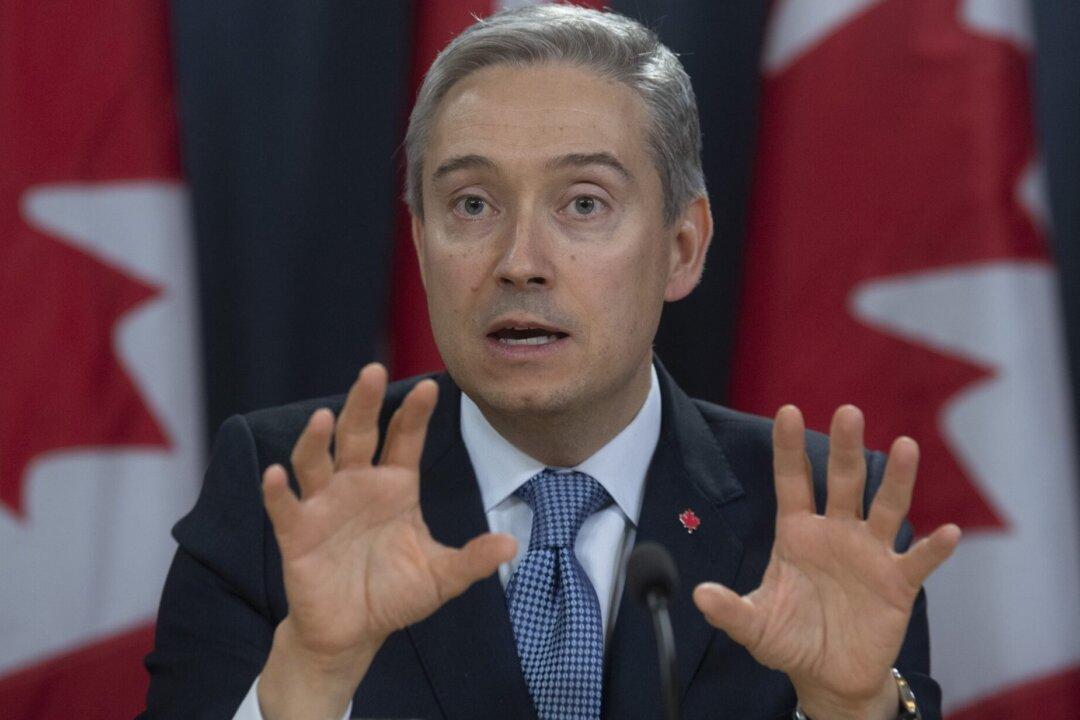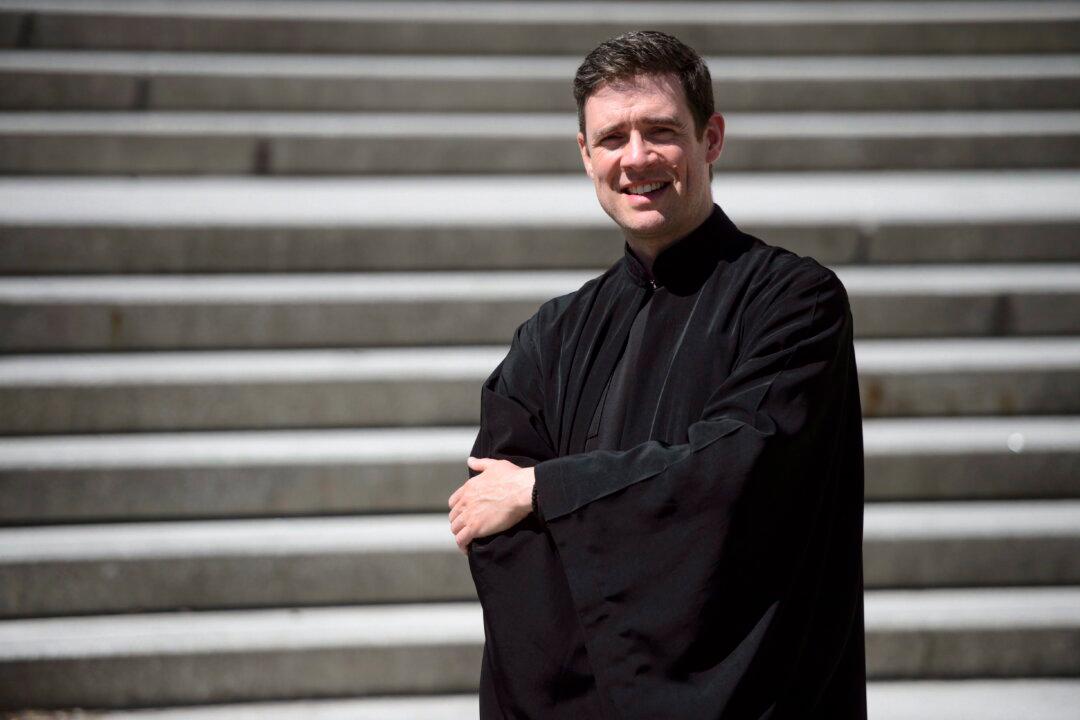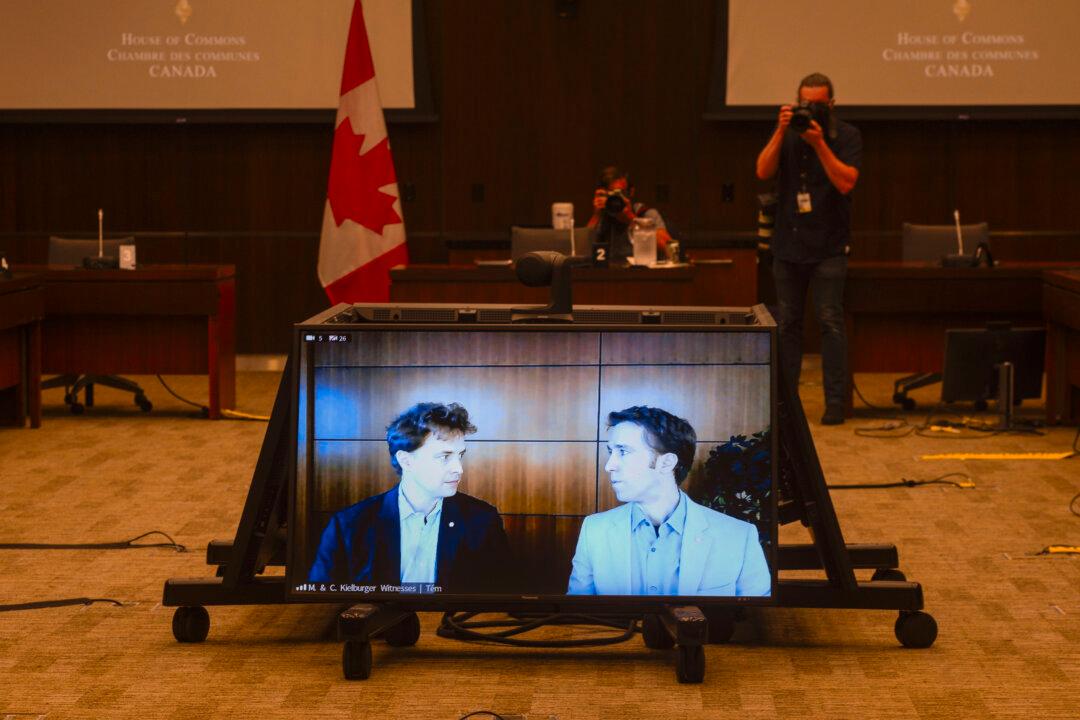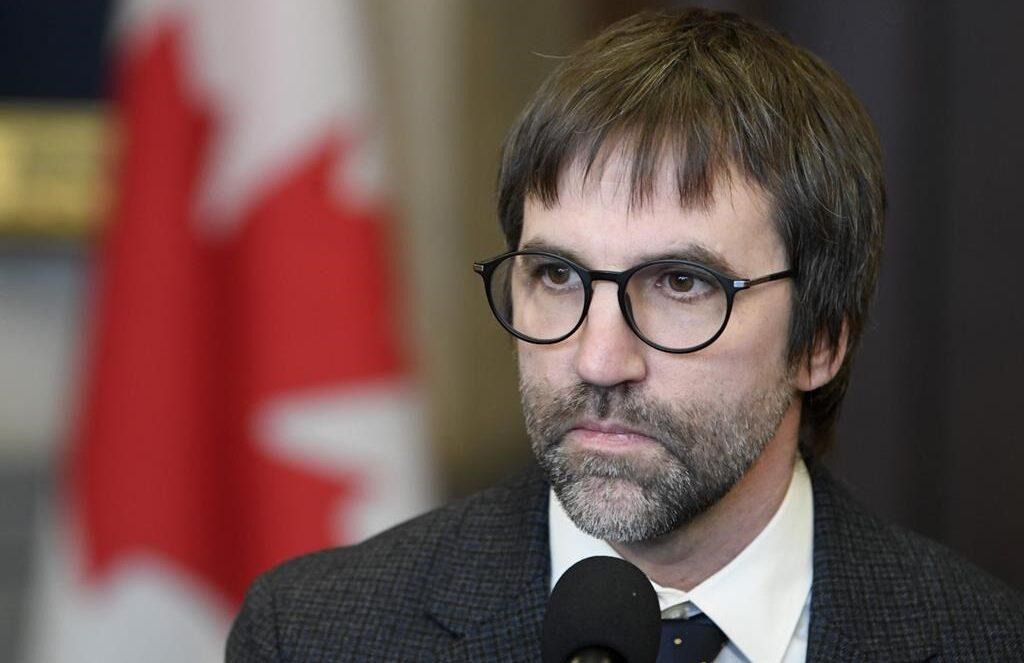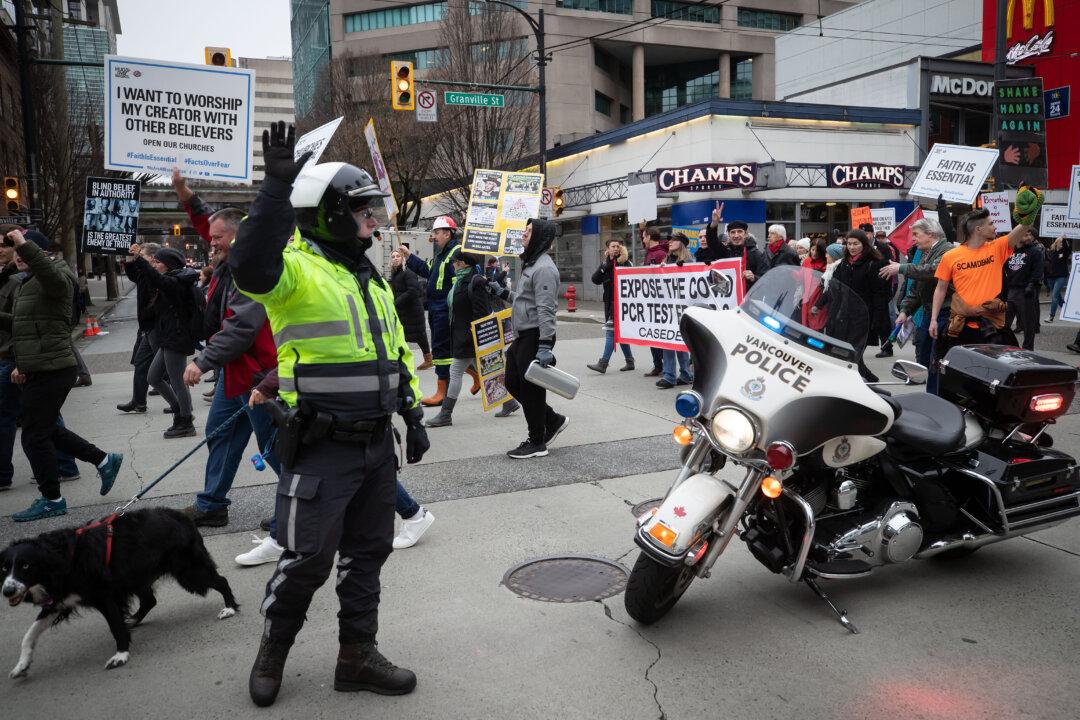The Conservatives pressed the Liberal government on Tuesday to explain why a federal contract with a Chinese state-owned company that was flagged as a security threat was only cancelled after public backlash.
In July, high-tech Chinese company Nuctech was awarded a contract to install X-ray security equipment for 170 Canadian embassies, consulates, and high commissions around the world.
